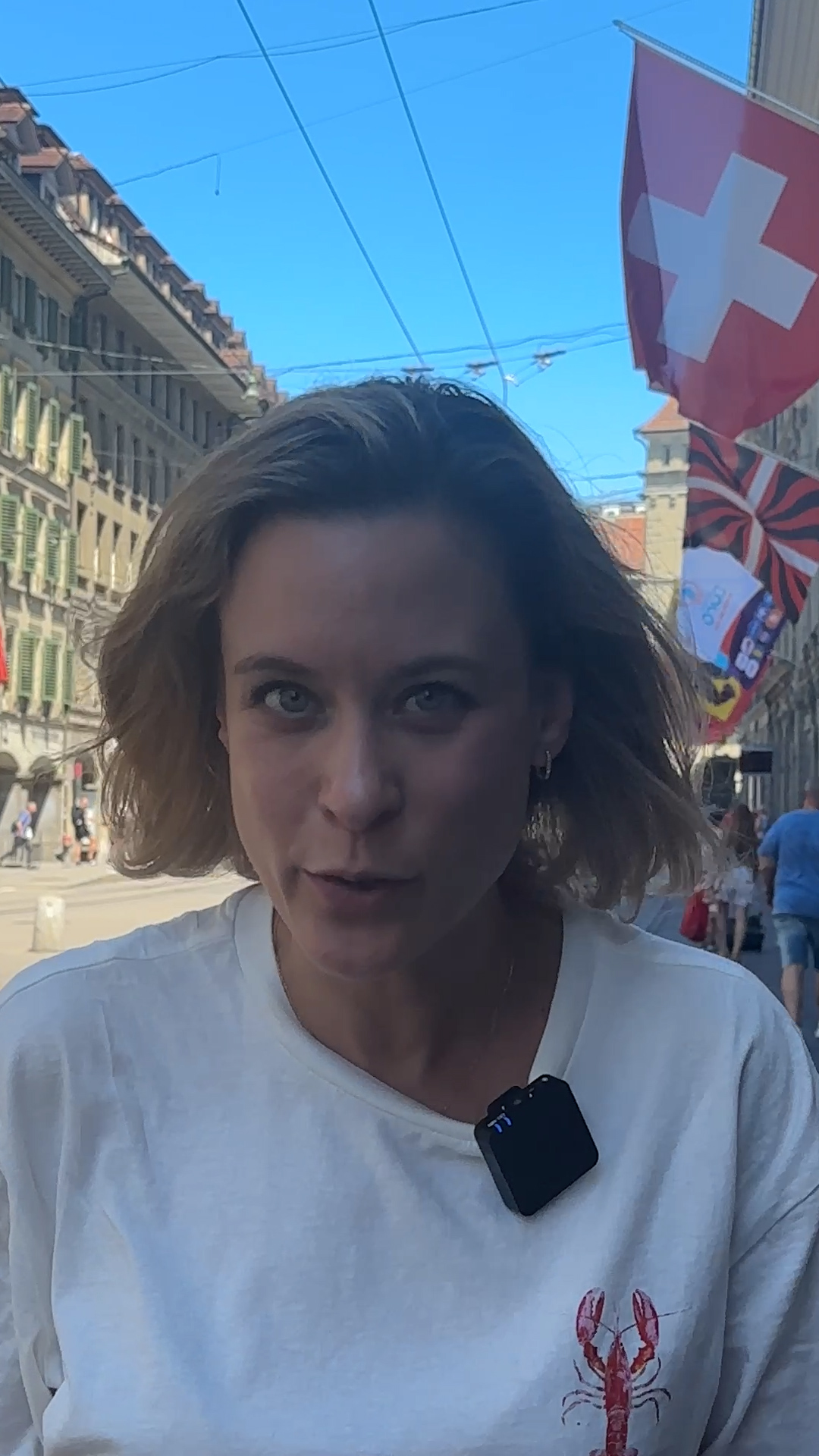
Sonova is confident despite takeover failure

Swiss hearing aid firm Sonova insists it is on track to become the world leader in the sector despite having a key takeover thwarted by a German court.
The court ruling in Düsseldorf on Wednesday upheld a decision by the German competition authorities that Sonova’s proposed acquisition of rival ReSound would create an unfair monopoly.
After the ruling was announced, Sonova said it was calling off its takeover attempt.
“Since the main appeal procedure in Germany can take months or even years, Sonova intends to terminate the transaction on August 15,” a company statement said.
It added that Sonova’s costs in connection with the planned deal amounted to SFr36 million ($30.11 million).
The takeover of the Danish firm would have catapulted Sonova ahead of its two nearest rivals to become leader of the SFr3.1 billion ($2.6 billion) market. The company changed its name from Phonak on August 1, but still manufactures hearing systems bearing the Phonak brand.
Pulling ahead
Sonova chief executive Valentin Chapero told the NZZ am Sonntag newspaper ahead of the decision that the firm is poised to overtake its rivals with or without ReSound.
“We don’t need ReSound to become number one. We can also probably achieve that by ourselves,” he said. Chapero expects organic growth of ten per cent a year over the next five years that will enable Sonova to leapfrog its rivals.
Zurich Cantonal Bank analyst Sibylle Bischofberger agrees that Sonova’s superior innovation track record and know-how will be enough to justify Chapero’s lofty predictions.
She believes that Sonova has a better product range than German rivals Siemens and Denmark’s William Demant Holding.
“With the acquisition of ReSound, Sonova would have been number one in a minute, but without it, it will take them two to three years to get on top. It is only a matter of time before they reach their goal,” she told swissinfo.
“Sonova’s main core competencies are their innovation power, acoustic know-how and the ability to transfer this into products.”
High-end market
Some observers also questioned the SFr3.3 billion ($2.77 billion) price tag Sonova were willing to meet to acquire ReSound from parent company GN Store Nord, but Bischofberger believes the deal would have more than paid for itself in the long run.
She also backed Sonova’s strategy of further penetration in the high-end market for more sophisticated and expensive devices.
The company has plans to incorporate hearing systems into mobile telephones and electronic agendas, although this may be some years from becoming reality.
“The high-end market is a more interesting market because the margins are better. For such a unit you realise higher prices but the production costs are not very different from cheaper products in your portfolio,” Bischofberger said.
The hearing aid market has a lot of potential for growth, according to research. One in ten people has hearing problems, but only ten per cent of those affected actually wear hearing aids because of the negative stigma attached to them.
Sonova’s plans to erase this stigma by integrating hearing aids with fashionable modern gadgets could pay dividends. But the main technological challenge is to make such devices, which require large energy supplies, without bulky and highly visible battery packs.
swissinfo, Matthew Allen with agencies
The Sonova Group, which has its headquarters near Zurich, specialises in the design, development, production and distribution of technologically advanced hearing systems for adults and children.
The company is active in more than 70 countries, with a strong presence in North America and Europe. It employs more than 4,000 people.
The company was previously known as Phonak but renamed Sonova on August 1 this year and started trading on the Swiss stock exchange under its new banner the following day.
Phonak still exists as a brand name for hearing systems along with Sonova’s other range that sells under the Unitron hearing brand name.
ReSound group is a manufacturer of digital hearing instruments and audiological diagnostics equipment. The company is based in Copenhagen with an extensive network of subsidiaries and dealers in 60 countries. ReSound Group’s global organisation comprises 3,400 employees.
On April 11, the German Federal Cartel Office blocked the acquisition of the ReSound group on a worldwide basis.
The reason for the prohibition was a concern that the acquisition might lead to a collective market dominance in the German hearing instruments market.
Sonova did not accept the decision and on May 2 appealed to the competent court (Oberlandesgericht Düsseldorf).
The court effectively blocked the planned deal on August 8.

In compliance with the JTI standards
More: SWI swissinfo.ch certified by the Journalism Trust Initiative





































You can find an overview of ongoing debates with our journalists here . Please join us!
If you want to start a conversation about a topic raised in this article or want to report factual errors, email us at english@swissinfo.ch.